Turmeric is a superfood, and apart from its uses in the kitchen, it can be wonderful for your plants too. These Turmeric Uses in the garden are the best examples!
Turmeric is one of the most used spices in Indian cuisines. This superfood is packed with antioxidants, anti-inflammatory, and antiseptic properties and has compounds that help fight cancer, promote brain health, improve digestion, and even more proven by science. But did you ever thought that it could be useful in the garden? See these Turmeric Uses to find out!
Check out some amazing vinegar uses in the garden here
Turmeric Uses in the Garden
1. Pesticide
Turmeric is a superfood for us, but ants and other pests hate it. To repel pests, especially the ants, sprinkle some turmeric powder around the plant base and leaves. Just remember, when using organic products, persistence is the key.
2. Heal Wounds
If you ever got hurt while gardening, either apply a thick paste or sprinkle turmeric powder on the wound for natural and safe healing. The turmeric powder will prevent any bacterial or fungal disease.
3. Get Rid of Powdery Mildew
If your plants are suffering from powdery mildew, turmeric will help them. Mix one part turmeric and two-part wood ash. Sprinkle this powder on infected plants on a non-windy day.
It is recommended to sprinkle this early in the morning because the dew on the leaves will adhere to the powder.
4. Treat Bug Bites
Got bitten by a bug when working in the garden? Add some water to 2 teaspoon turmeric powder and apply it directly to the bite. Turmeric gets absorbed into the skin quickly and reduces itchiness, and cures inflammation.
5. Natural Fungicide
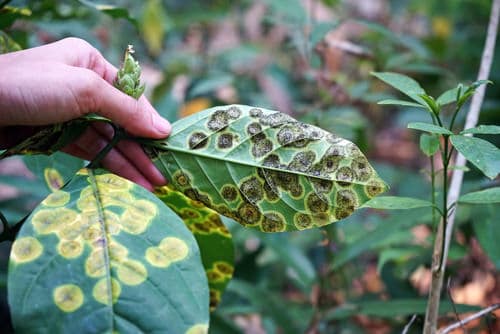
Most gardeners face fungal diseases in plants, and it is always a safe option to use turmeric rather than synthetic antifungal treatments. Just sprinkle some turmeric on the infected area. You can also apply a thin coat of its paste.
6. Heal Plant Wounds
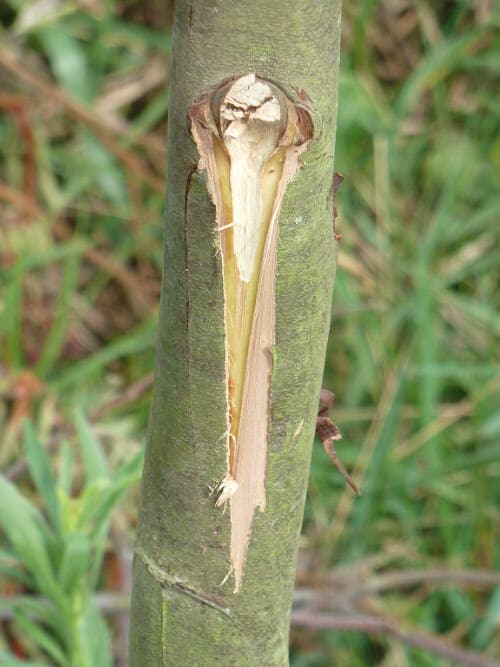
Turmeric is well known for its healing properties, and plants can also suffer from different kinds of wounds like pruning, broken branches, animal damage, and grafting. Apply a thick paste and watch them heal!
7. Natural Dye
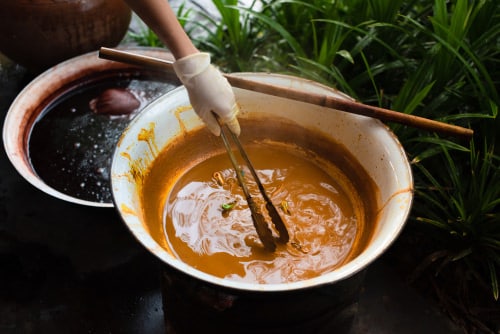
It is no secret that turmeric is a natural dye, and it is super easy to dye clothes for your kids or to dye eggs for Easter. You can even use the powder mixed in water to make some natural bright turmeric color to paint some of those beautiful planters, too.
8. DIY Turmeric Art
You can use turmeric to create artworks due to its vibrant color. Here’s one such DIY tutorial for inspiration.



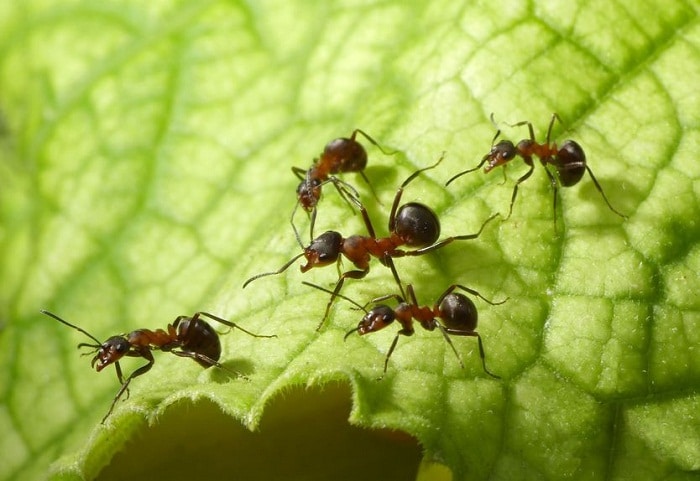
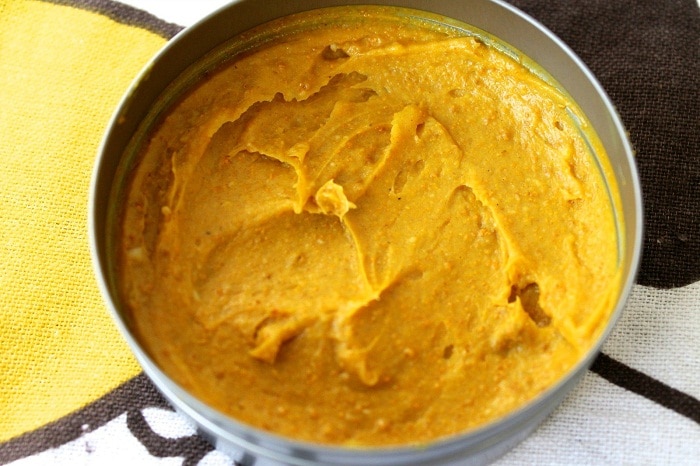
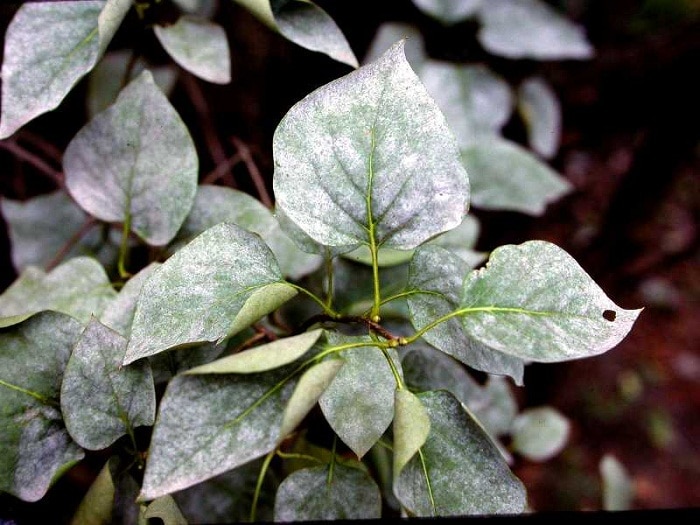
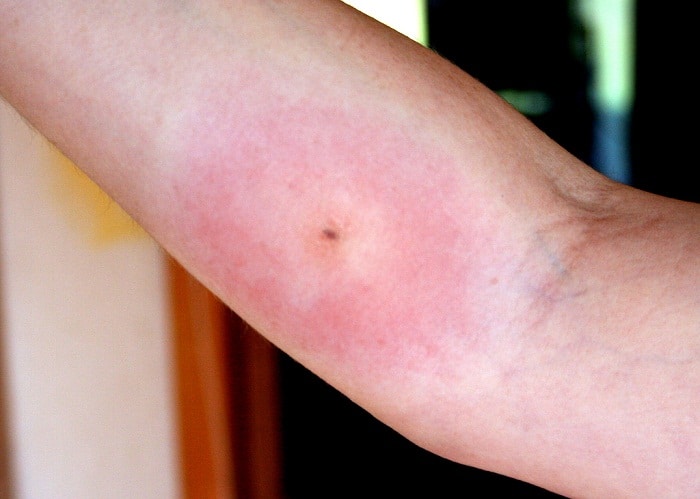
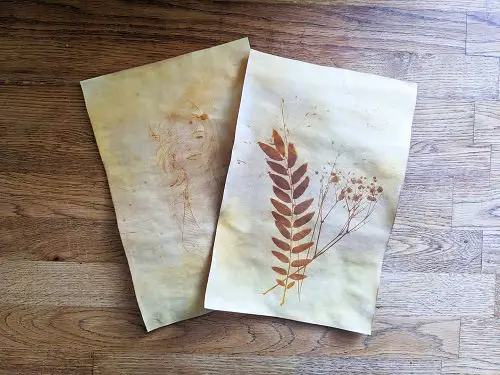

Thank you for the information
i found the info on cinnamon and turmric most interesting and will tell all my friends
Greta information, thank you
Wow 😯, great article!!! Thanks for sharing this information 🙂, it helps a lot 🙂
I love plants but pigeons and rats r ruining it. I have tried almost everything to keep them away but I am frustrated now as they even consume the leaves of my plants like tulsi and they simply tear the leaves of the plants like tomato, mogra etc. What should I do to maintain my balcony garden again?
Please visit YouTube on Kurisingal nursery at Thrissur in Kerala state. You will get a thorough idea on the qualities of turmeric and how it should be used in garden. Highly informative.
Use Cheyenne pepper. I protect my bulbs from moles with this. Use this around your plants and sprinkle on leaves. All your rodents will leave them alone
Can it kill snails
I would like to know too!
Thank you for this information. Excited to use it starting today.
Turmeric gives me gas.
I appreciate the information you shared about Turmeric. I planted some Yam s a few months ago, but some unknown animals dug everything up! I am thinking maybe I should use it on my next planting.
Very interesting. Obviously it has a fungicidal effect. I also see recently in the medical field, that Curcumin/Turmeric is a potential protease inhibitor, which in respect to certain viruses is a good thing. Which logically may have a similar positive effect to many plant viruses. I eat Turmeric regularly, like ginger (same genus, Zingiberaceae) I also believe it may interact with JAK2 (Janus Kinase Inhibitory systems) reducing inflammatory markers, and prevent aging ultimately. A good thing if proven correct eventually.
How do you make up mixture for indoor plants